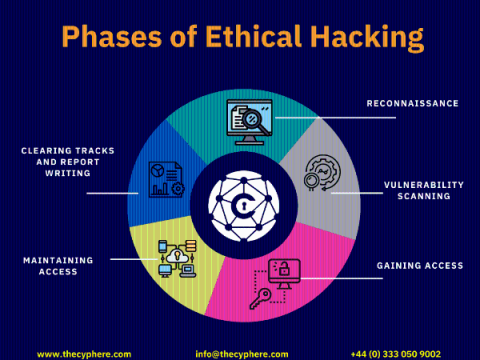A Problem Like API Security: How Attackers Hack Authentication
There is a sight gag that has been used in a number of movies and TV comedies that involves an apartment building lobby. It shows how people who don’t live there, but who want to get in anyway, such as Girl Guides looking to sell cookies to the tenants – simply run their fingers down every call button on the tenant directory, like a pianist performing a glissando, knowing that at least one of the dozens of apartments being buzzed will let them in simply out of reflex or laziness.










